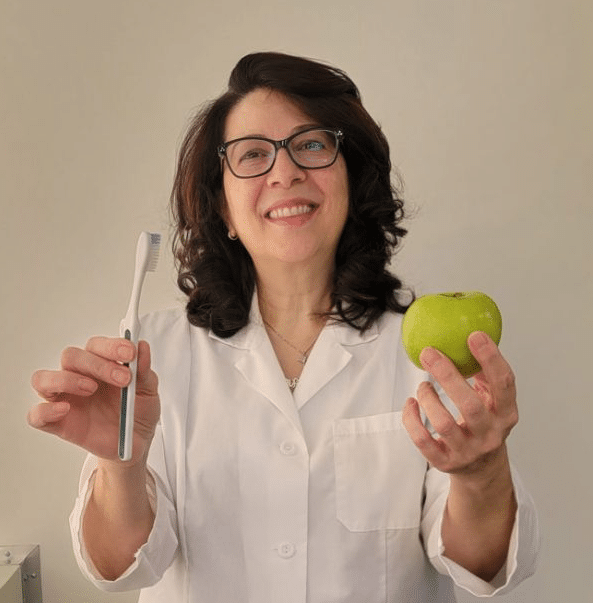
Metro Dental Health
Metro Dental Health
11150 Fairfax Boulevard
Suite #301
Fairfax, VA 22030
703-934-4474
Metro Dental Health
2112 F Street, NW
Suite #203
Washington, DC 20037
202-363-5720

More Dental Health Articles
Sleep Apnea: Treatment How Oral Devices Can Help Improve Your Sleep

Sleep apnea is a common condition that affects millions of people around the world. It is a disorder that occurs when an individual’s breathing is repeatedly interrupted during sleep. This can lead to various health problems such as high blood pressure, heart disease, and stroke.
As a dentist, one of the treatments that can be prescribed for sleep apnea is the use of oral devices. Oral devices are mouthguards that are custom-made to fit an individual’s mouth. They are designed to keep the airway open by shifting the lower jaw and tongue forward, thereby preventing snoring and sleep apnea.
There are different types of oral devices that can be used to treat sleep apnea. The most common type is the mandibular advancement device.
This device is worn over the teeth and works by repositioning the lower jaw forward. This helps to keep the airway open and prevent snoring and sleep apnea.
Another type of oral device is the tongue retaining device. This device is designed to hold the tongue in place to prevent it from blocking the airway during sleep.
Using oral devices to treat sleep apnea has several advantages. They are non-invasive and do not require surgery. They are also easy to use and can be custom-made to fit an individual’s mouth. Additionally, they can be more comfortable to wear than other types of treatments such as continuous positive airway pressure (CPAP) machines.
It is important to note that oral devices should only be used under the guidance of a qualified healthcare professional. A dentist or sleep specialist can help determine the most appropriate type of oral device for an individual’s needs. They can also provide instructions on how to properly use and care for the device.
Oral devices such as mouthguards can be an effective treatment for sleep apnea. They are non-invasive, easy to use, and can be custom-made to fit an individual’s mouth. If you are experiencing symptoms of sleep apnea, it is important to seek the advice of a healthcare professional to determine the most appropriate treatment for your needs.
Other Articles You May Find of Interest...
- The Mouth–Body Connection: Why Your Oral Health Reflects Your Overall Health
- Can Remineralizing Gum Help Improve Your Dental Health?
- When Wisdom Teeth Act Up: Your Guide to Relief
- 5 Signs a Dental Practice Is Keeping Up With Modern Care
- Spacing, Crowding, and When to Ask for an Orthodontic Opinion
- Tips For Maintaining Excellent Dental Health
- How Cosmetic Dentistry Can Transform Your Smile and Confidence














